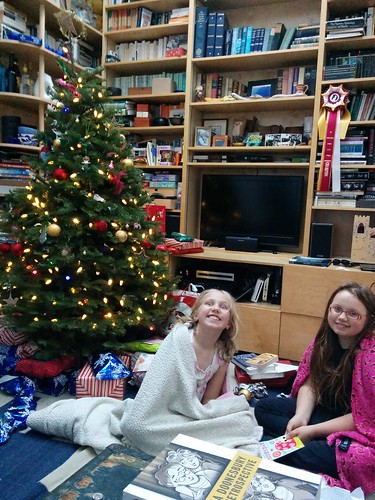my brother robin, by barbara williams

From left: Brenda, Robin, Barbara, Colin
My Brother Robin
Our Robin was born in Mosman, Sydney on September 5th 1935, the youngest of three children of Army Captain Kenneth Chalmers and his wife Brenda (nee King). His siblings were, sister Barbara, born 1930 and brother, Colin born 1933. In the summer of his second year he contracted a serious gastric infection which lasted for many weeks and effectively retarded his physical development at a crucial time in his young life.
The consequence of that was that he was always smaller than his peers which earned him, at high school, the nickname “Massive Muscles the Mighty Midget Mosquito” or “Massive” for short.
IN 1939 the family moved to Port Moresby in what is now Papua New Guinea where our father was detailed to provide fortification for the strategically important harbour in the event of war. The contingent was made up of 22 army personnel, two howitzer anti-aircraft guns, two searchlights, one army wife and three children. Port Moresby boasted a population of about 700 “whites” and a similar number of native Papuans, two schools for white children, one state and one catholic, each with 22 pupils, and one for natives. The rivalry between the two white schools was intense and we children were divided between the two. Stone fights in the main street of town were not uncommon. We had to call a truce when we got home. Robin, being the youngest was often caught in the middle or left standing looking bewildered. Nevertheless we children had many happy and sometimes disastrous adventures together and with our friends.
World War II intervened and our tropical idyll ended with a move to Melbourne and to the Blue Mountains when Dad was posted to the Middle East in 1941. This was a period of adventure and, looking back, amazing freedom, for we three as we explored the bushland and invented games centred around the wilderness at our back door in Hazelbrook. There were few children in our village so we became a tight-knit trio for the next couple of years.
Our Mother’s untimely death in the latter half of 1942 brought an abrupt end to all this and we found ourselves back in Sydney in the care of Mum’s two Aunts who selflessly stepped in. These two women were then in their sixties and the elder one had raised our Mother from the age of five. It is hard to imagine their courage in taking on three unruly pre-teenagers. Robin was only seven. In recent years he told me that he really could not remember our Mother – a sad blank in his life and the possible reason that he did not relate to the kind and oh so tolerant lady, Rosa Heath, that our father married when we were teen-agers.
The disruption caused by the war and the demands of army life was probably felt more by Robin than Colin and I. By the time he finished high school he had attended 11 schools in two States, city and country public and private, and sat for University entry exams in the UK. One story of high school life he would tell related to compulsory School Cadets at that time. Not being sports minded or attracted to the army, he wangled his way into the ordnance section where he could sit with his feet up and avoids any physical activity. And his father a Brigadier!
Others will have to tell you about his years in England. What I do know is that he graduated in engineering at what was to become the University of Sussex and eventually part of the University of London – much to Robin’s dismay. His first job in engineering was with Sperry Rand. I also know that he became an expert curry maker and married Jean Ellison, returning to Australia in 1968 with Sarah and Iain at their feet. Alain and Rachel followed in due course.
As an engineer working in Australia he worked initially for AWA, a pioneer electronics company in this country, moving to other jobs throughout his working life. He was involved in many exciting projects. Software for the original Collins Class submarines; software for the automated on course betting at racecourses; the acoustic system for the new Sydney Opera House are some that come to mind.
As he and Jean settled in Sydney and we live in Brisbane we have not spent much time together over the years but I do know that whenever we were able to get together it was such fun to be part of their lovely family.
Robin was a man dedicated to serving the community in which he lived. He was prominent in the school Parents and Citizens organization during his family’s school years, spent a number of years as a volunteer guide at Taronga Zoo and compiling a data base of the animals there. In retirement he and Jean travelled in their motorhome for ten years during which time he helped a traveller friend compile and publish a guide book of information about the many, many towns and villages he visited in their travels.
Settling in Barraba saw him still looking for ways and means that he could contribute to the community and the town that he loved so much until his sad decline into dementia.
He was a self confessed sceptic, read widely, thrived on animated discussion always taking the lead role, read widely, loved to perform and entertain and enjoyed life to the full.
For me, he was my little brother and I loved him. May he rest in peace.








